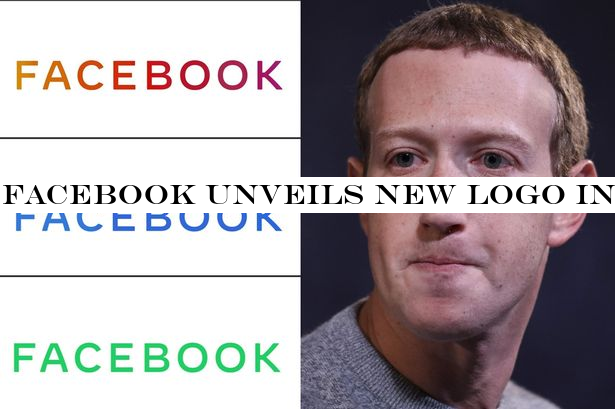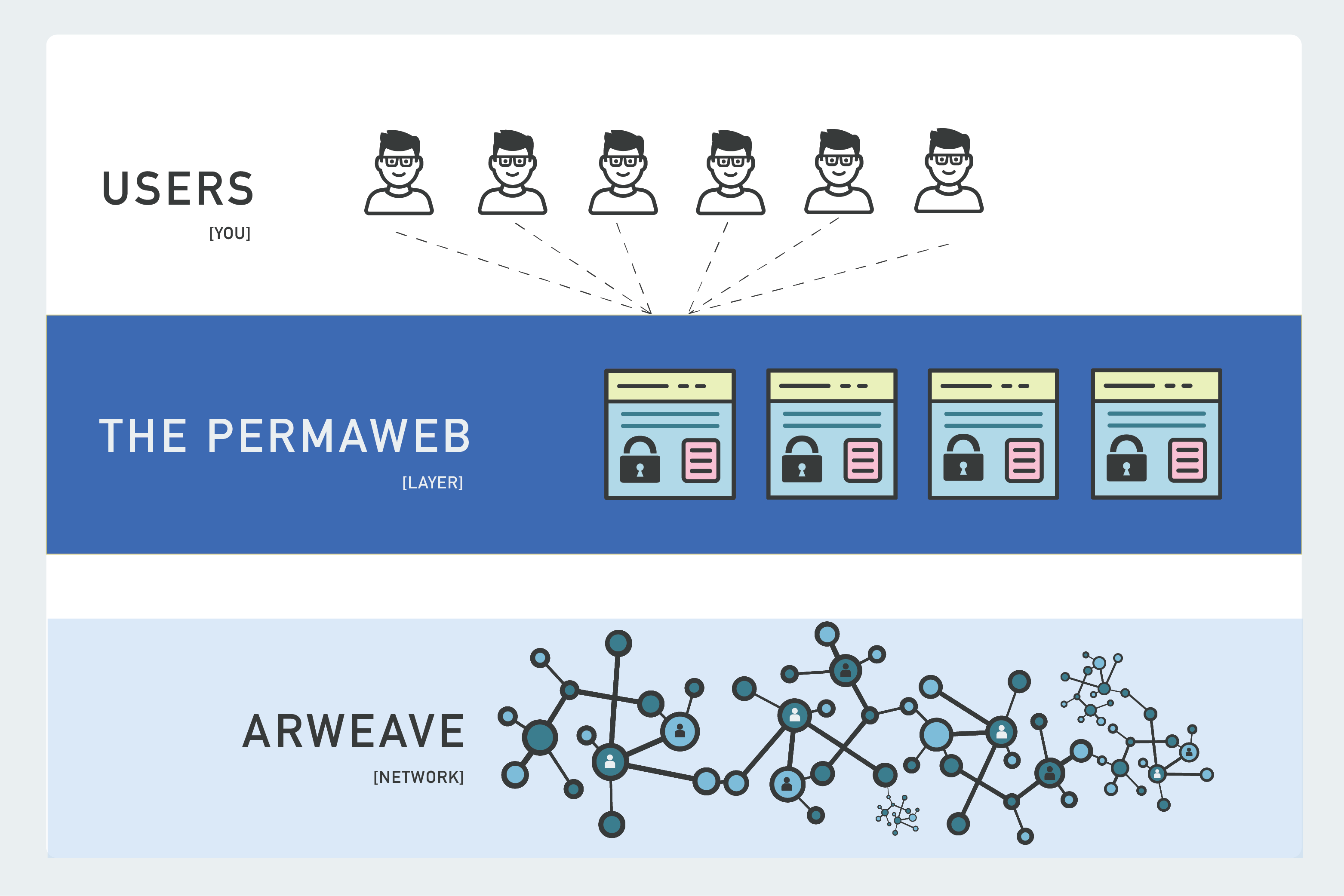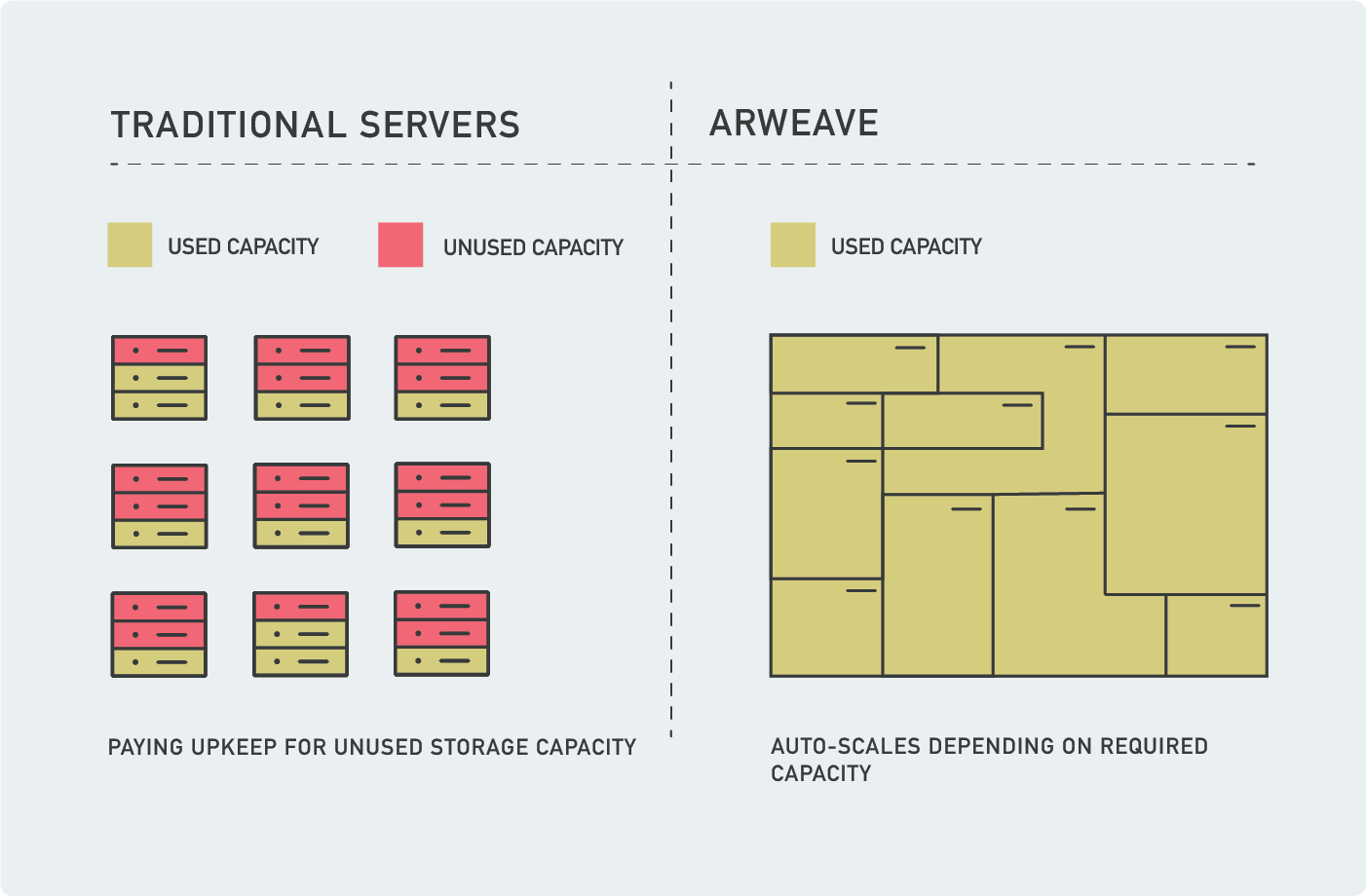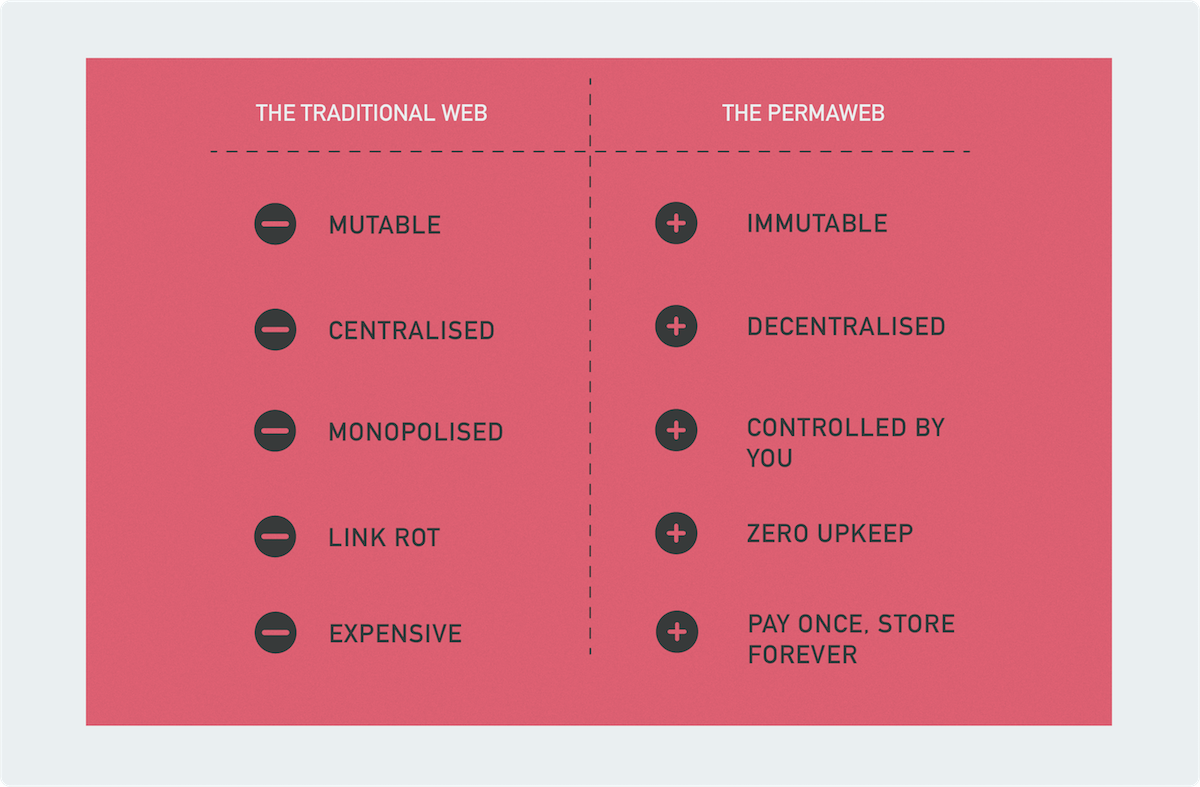Technology

Walmart has dropped a lawsuit that accused Tesla of breach of contract and gross negligence after rooftop solar panel systems on seven of the retailerstores allegedly caught fire.
A settlement has been reached and stipulation of dismissal has been filed with the court, a Walmart spokesperson said in an email. It is unclear what the settlement entails. TechCrunch has requested more information and will update the article if new details emerge.
The two companies issued a joint release Tuesday announcing that the issues raised by Walmart have been resolved.
&Safety is a top priority for each company and with the concerns being addressed, we both look forward to a safe re-energization of our sustainable energy systems,& the emailed statement reads.
The resolution comes just three months after Walmart filed the lawsuit in New York state court. The lawsuit was aimed at Tesla Energy Operations, a division within the clean energy and electric vehicle automaker that was formerly known as SolarCity.
Days after the lawsuit was filed, the two companies announced efforts were underway totry to reach an agreement that would keep the solar installations in place and put them back in service, according to a joint statement issued at the time.
While the announcement signaled progress, the specter of a lawsuit still loomed. Until now.
Walmart said it sued Tesla afteryears of gross negligence and failure to live up to industry standards by Tesla, according to court documents. Walmart asked Tesla to remove solar panels from all 240 locations where they have been installed, as well as pay for damages related to fires that the retailer alleges stem from the panels. The lawsuit points to several fires on the retailerrooftops that allegedly stem from Tesla solar panels.
- Details
- Category: Technology
Read more: Walmart reaches settlement with Tesla over solar panel fires, drops lawsuit
Write comment (100 Comments)
- Details
- Category: Technology
Read more: Facebook unveils new logo in desperate attempt to rebrand - but users are unimpressed
Write comment (91 Comments)
Pokémon Sword and Shield are less than two weeks from release, but it seems someone has leaked both games' full Pokédex roster.
Resetera user Atheerios posted several spoilers and leaks about the new games, including a list of every Pokémon we can expect to see in them, including lists of every eighth generation Pokémon, several Galarian forms and
- Details
- Category: Technology
Read more: Pokémon Sword and Shield leak reveals every new Pokémon – and which ones are missing
Write comment (95 Comments)
Future smartphones may not need traditional metallic circuits if a start-up led by Appleone-time 5G chief, Ruben Caballero, gets its way.
Appleex-wireless lead is on a fresh mission
A company called Keyssa is developing new ways to achieve high-speed, contactless connectivity.Its website describesmultiple ways this might work, from pairing set-top boxes to televisions to sharing data with a bump.
But itpossible the most compelling future implication may be in its use as an interconnect on a component basis inside devices.
To read this article in full, please click here
- Details
- Category: Technology
Read more: Apple's ex-wireless lead plots a solid state future for electronics
Write comment (94 Comments)What if you could pay now to store something online permanently? You could preserve a website against censorship, save legal contracts or offer an app even after your company fails. Thatthe promise of Arweave‘s Permaweb.
The startup has built a new type of blockchain that relies on MooreLaw-style declining data storage costs. Users pay for a few hundred years upfront (about half a cent per megabyte), and the interest accrued by the excess payment will perpetually cover the costs of shrinking storage prices.

The Permaweb quietly launched last June. More than 100 permanent apps have been built on Arweave infrastructure, including an email client in the last six months, while 50,000 objects were stored on the Permaweb in October alone. As long as some node operators keep hosting the data on unused hard drive space, they keep getting paid, and the sites, apps or files remain available. Instead of needing some special blockchain browser to access whatstored, the Permaweb can be accessed through traditional web browsers and URLs.

Arweave founder Sam Williams
The potential of the Permaweb has attracted $5 million in funding led by Andreessen Horowitz a16z Crypto, and joined by other top blockchain investors Union Square Ventures and Multicoin Capital, which have exchanged the cash for tokens from Arweave. Those tokens, and the rest Arweave is sitting on, could become increasingly valuable if the Permaweb becomes popular.
&Arweavemission is to become the new Library of Alexandria,& Arweave founder Sam Williams writes, &but invulnerable to the pitfalls of centralised points of failure, ensuring that humanityshared knowledge and history is available to all future generations.&
Filling Orwellmemory hole
The idea spawned from a slew of PhD dropouts trying to address the fake news problem. They figured if sites or articles could be stored permanently in their original form, they couldn&t be changed or eradicated by a future despot.
The team discovered blockchains could handle this at small scale. But to decentralize large amounts of data, they developed a special kind of blockchain where miners are rewarded for storing a random old block from the chain, not just the most recent one. That meant the more of the total blocks they stored, the more they&d stand to earn.

After going through Techstars Berlin and recruiting some of their accelerator-mates, Arweave raised money from 1kx, and now Arrington XRP Capital (TechCrunchfounderfund), a16z Crypto, USV, and Multicoin. Arweave launched the Permaweb mid last year.
Those who want to store something download a free Chrome, Firefox or Brave browser extension, fund their wallet, and make a one-time payment. For example, herea permanently hosted forum that won&t disappear like many online communities have over the years.
While pricier than alternatives like AWS in the short-term, the Permaweb could theoretically keep files alive forever. Williams says that data storage costs have declined around 30% per year for a while, but the decentralized network would still be able to cover costs as long as that rate doesn&t fall lower than 0.5%. &If we dropped below 0.5% storage cost decline, then really, really bad things will have happened to humans.& And even then, todaypayments would cover 200 years of storage.

Another benefit is that users of applications can choose to use the original version of a Perma app instead of an updated one. That way if a developer polluted later versions with ads or privacy invasions, users could rely on the old one.
An important concern is that the Permaweb could be used to enable piracy. But Williams tells me the majority of node operators have to vote to approve hosting a file, so they could refuse copyrighted music or revenge porn. And anyways, torrenting is free and so likely more appealing to pirates. We&ll see if other players try to crash into the market with a similar concept and trigger a perma pricing war. But Williams claims Bitcoin, Ethereum and EOS can&t do this type of storage, while Archive.org, The Wayback Machine and Perma.cc are focused on academic uses for shallow web preservation.
Arweave likens itself to an Uber for storage, matching users needing to save files with those with excess storage capacity. But it acts as if thereno middleman like Uber taking a cut. Instead, the startup will sell tokens as necessary to stay funded until the network is sufficiently decentralized and runs itself.

&A lot of crypto projects are long on white papers but short on code. Arweave was the opposite,& says Union Square Ventures partner Albert Wenger. His fund tried out the Permaweb by storing the National Oceanic and Atmospheric Administrationongoing measurements of carbon dioxide — something climate change deniers might want to suppress.
The goal was always to stop misinformation. Williams concludes, &We think that we&re closing what Orwell called the memory hole so people can&t change what was said, so everyone can see it that way in the future without the possibility of redaction or censorship.&
- Details
- Category: Technology
Read more: How ArweavePermaweb cheaply hosts sites apps forever
Write comment (95 Comments)
Well, I'll be: Just over a month after we talked about how Google needed to rethink its Chrome OS upgrade standard, the company has quietly launched a new effort to improve the state of Chromebook software updates.
Now, don't get too excited yet. This is a small start, to be sure — but it's at least an acknowledgment that the Chrome OS upgrade situation could and should be better. And that's a pretty significant step.
Before we get into what's changing, let's back up for a quick second to set the stage — because context really is everything in this situation. After all, Chrome OS upgrades are by and large commendable — particularly compared to how upgrades play out over on the Android side of the Google operating system fence. The reason's simple: Given the close manner in which Google controls Chrome OS and the lack of flexibility it gives device-makers in modifying the software, the company's able to provide a completely consistent experience from one Chromebook to the next. And as a result, Google itself is able to handle all Chrome OS software updates directly, which means every device gets 'em at more or less the same time — no matter who made the hardware.
To read this article in full, please click here
- Details
- Category: Technology
Read more: Google's Chrome OS upgrade changes are a solid start
Write comment (94 Comments)Page 438 of 5614

 6
6